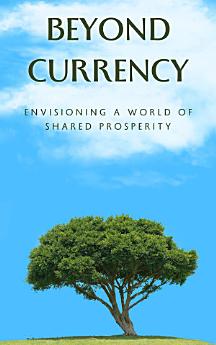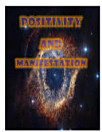Beyond Currency: Envisioning a World of Shared Prosperity
About this ebook
The central idea advocates for a radical departure from the current paradigm, proposing a society where resources are shared equally among its members. I think that such a shift would render many contemporary issues obsolete. Among the anticipated benefits is the drastic reduction, if not the eradication, of crime—a consequence of a more equitable distribution of resources that eliminates the desperation driving criminal behavior.
We will delve into various sectors, exploring the potential transformations in education, healthcare, technology, and agriculture within a moneyless society. My vision is one where education becomes a universal right, unrestricted by geographical boundaries. In this utopian framework, every child would have the opportunity to maximize their potential, unencumbered by the limitations imposed by the current education system.
The medical sector is also envisioned to undergo a profound metamorphosis. Without the monetary constraints that currently dominate healthcare, the focus could shift from perpetual symptom management to preventive measures and actual cures. This paradigm shift would liberate the medical community from the pharmaceutical industry's constraints, fostering a healthcare system more aligned to enhance overall well-being.
Similarly, I envision a liberated technology sector where innovation is not dictated by market forces but guided by its potential societal benefits. A moneyless society would allow inventors the freedom to create without commercial constraints, enabling the public to determine the merit and utility of technological advancements—a true manifestation of the "real free market."
The overwhelming demands of this fear-mongering monetary system leave little time for individuals to question its legitimacy. This lack of introspection, allows those in power to perpetuate the status quo without meaningful opposition.
We conclude by, asserting that humanity possesses the intelligence to construct a system independent of money. Until such a paradigm shift occurs, we will continue to fight wars, countries destabilized, and lives disrupted—all borne by the populace, often without reaping any tangible benefits (a modern-day parallel to "taxation without representation").





